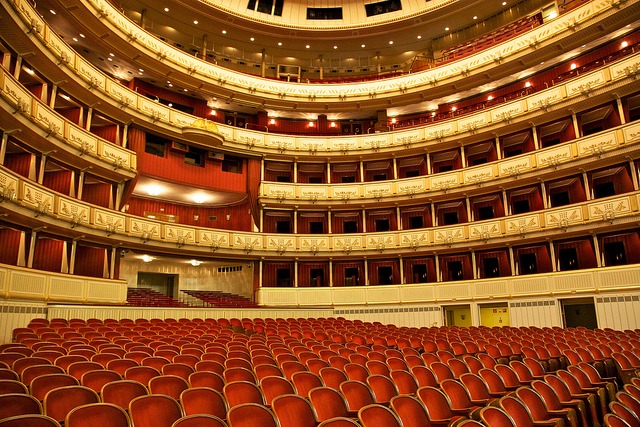In defence of opera
The English National Opera (ENO) is set to offer under-18s free tickets to see Saturday night opera. Stuart Murphy, CEO of the ENO, said that this move is based on a belief that “opera is for everyone”. Appreciation of opera has taken a steep decrease and initiatives like this show that opera houses are struggling. But what would the world lose if the curtain closed on opera? From Monteverdi’s L’Orfeo to Glass’ Akhnaten, opera is art at its finest. It is at once music, performance, storytelling, and entertainment. Many of the Western tradition’s finest composers have tackled the operatic form. Names such as Mozart, Beethoven (briefly), and Wagner spring off the page immediately. Many arias (a piece for one character within an opera) are well-known, be it Pavarotti belting ‘Nessun Dorma’ at the 2006 Winter Olympics or Puccini’s ‘Omio babbino caro’. As with all music, opera expresses a fullness of emotion, which makes its dwindling popularity puzzling.
There are a few things that work against opera. Most prominently is its public image. Opera is often viewed as a stuffy, elitist, idiosyncratic world. Depictions of opera usually play on it being boring or difficult to understand. There is some truth to this. The world of opera is strange, and the high prices for tickets don’t exactly make it accessible to younger audiences. But it is this strangeness, the wonderful cacophony of voices within this world that make it so alluring. Opera is also a seemingly difficult form to access. It requires a large time investment, many of the canonical masterpieces are in German or Italian, and the nomenclature takes some time to become accustomed to. But an opera is never usually longer than a film or TV show, and even if you can’t understand the words of a piece its music should still convey emotion well enough. As for the nomenclature, it really doesn’t matter if you can’t distinguish between a cadenza and canzone.
What matters is the experience of the opera. Despite all this, the perception of opera is still a negative one among many people. In this light, the ENO’s initiative should be applauded because getting as many new people as possible to view a performance should be the priority in changing perceptions. Seeing a performance is by a long stretch the best way to get into opera. Seeing the actors, examining their movements and quirks, and seeing the audience interact is crucial to an opera working.
Opera is an art form like no other, hard to match in spectacle and emotion
It’s not always possible to go out and see opera first-hand. Luckily many full performances are available on video-sharing sites such as YouTube and can be viewed at one’s leisure. Or even listen on Spotify or Apple Music, where you can hear excellent recordings from a variety of the world’s best performers. Finding opera to listen to or watch is then no more difficult than finding any other art. Where to begin, what to listen to, is a difficult question to answer. Many people access opera at first through listening to individual arias and then diving into the full pieces from which those arias were taken. Some operas are more accessible than others. One of the most enduring and popular operas is La Traviata (The Fallen Woman) by the Italian maestro Verdi. As well as being a musical masterpiece, it has a story easy to digest but so enticing. In many ways, it is the quintessential opera. Other composers like Puccini and Mozart are also widely performed and may be good gateways into opera, or perhaps Glass if you prefer something more modern.
No matter where you begin, following operas or composers that interest you provides endless intrigue and entertainment. Opera is an art form like no other, hard to match in spectacle and emotion. It can take you to mythological China in Turandot or 17th century Spain in Don Giovanni. Wherever opera takes you, it will leave you entranced, and hopefully, it is not a form that is going anywhere soon.

Comments